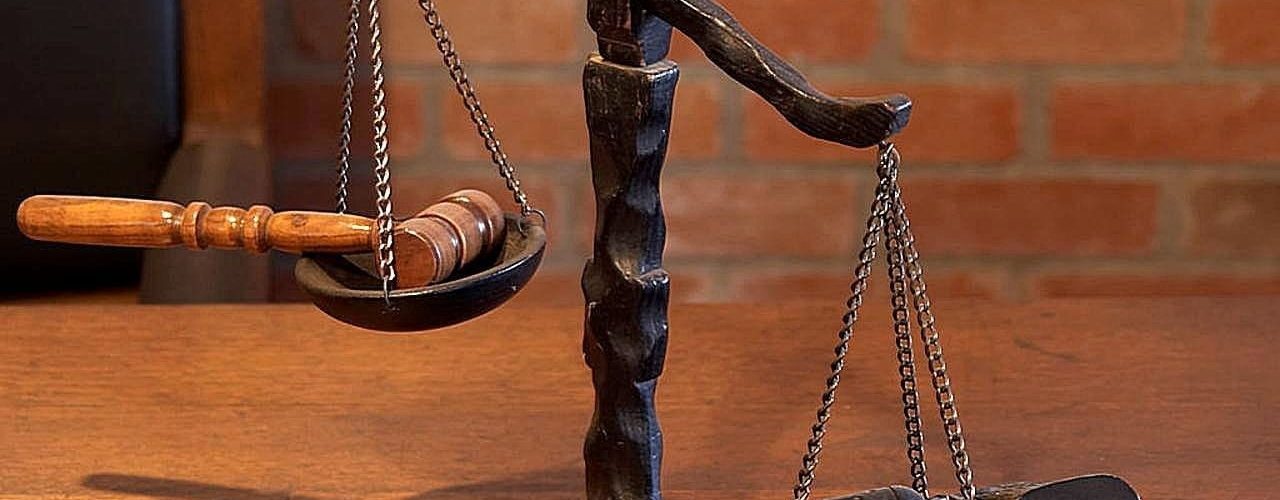On December 22, 2010, the ECJ issued its decision in the case
Context: Sixth VAT Directive – Right to input tax deduction – Services rendered – Taxable person who is not entered in the VAT register – Information on the invoice that is mandatory for VAT purposes – National tax regulations – Exclusion of the right to deduct under Article 17 (6) of the Sixth VAT Directive
Article in the EU VAT Directive
Articles 17(6), 18(1)(a) and 22(3)(b) of the Sixth Directive
(Corresponds to art. 176, 178(a) and 226 of the EU VAT Directive 2006/112/EC)
Article 17(6) (Right to deduct)
6. Before the expiry of a period of four years after the entry into force of this Directive, the Council, acting on a proposal from the Commission, shall unanimously determine the expenditure on which VAT is non-deductible. In any case, those expenses that are not strictly business-like, such as luxury expenses, entertainment expenses and entertainment expenses, are excluded from the right to deduct.
Until the entry into force of the above-mentioned provisions, Member States may maintain any exclusions provided for in their national legislation in force at the time of the entry into force of this Directive.
Article 18(1)(a) (Right to Deduct)
In order to be able to exercise the right to deduct input tax, the taxpayer must
a) have an invoice issued in accordance with Article 22 paragraph 3 for the tax deductible in accordance with Article 17 paragraph 2 letter a … “
Article 22(3) (Invoice requirements)
b) Without prejudice to the specific provisions set out in this Directive, in accordance with point a) … invoices issued for VAT purposes must contain only the following information:
– the date of issue,
– a consecutive number …,
– the sales tax identification number according to paragraph 1 letter c) under which the taxpayer carried out the … services,
– the sales tax identification number of the customer according to paragraph 1 letter c) under which he received … services …,
– the full name and address of the taxpayer and his client,
– … the scope and type of services provided,
– the date on which the … service is carried out or completed …,
Facts
- Mr Dankowski, the plaintiff in the main proceedings, is the owner of Dan-Trak. Between 2004 and 2006, Mr. Płacek, Managing Director of Artem-Studio, provided Mr. Dankowski with some controllable marketing services. However, Mr Płacek had not complied with his obligation to be entered in the register for the tax on goods and services, nor had he settled the VAT even though he had issued invoices showing the services provided, showing the tax owed.
- By decision of 23 March 2007, Dyrector Izby Skarbowej w Łodzi refused to allow Mr Dankowski to deduct the input tax shown on Mr Płacek’s invoices, although he did not question that the services in question had been provided.
- The reasoning for the decision stated that the issuer of the invoices at issue was not registered as a VAT payer and that the invoices issued by him did not entitle them to deduct input tax due to the failure to comply with the registration obligation provided for in the applicable national provisions.
- Mr Dankowski then appealed against the decision to the Wojewódzki Sąd Administracyjny w Łodzi (Łódź Administrative Court). In support of his complaint, he submitted, inter alia. suggest that the registration of a person as a VAT payer is only a technical process that cannot have any effect on the right to deduct input tax.
- By judgment of 4 December 2007, the Wojewódzki Sąd Administracyjny w Łodzi dismissed the application.
- In the cassation complaint lodged with the Naczelny Sąd Administracyjny, Mr Dankowski et al. claims that the application of the provisions of Polish tax law is incompatible with EU law and that Article 17 (6) of the Sixth Directive has been misinterpreted.
Questions
AG Opinion
None
Decision
1. Articles 18(1)(a) and 22(3)(b) of the Sixth Council Directive 77/388/EEC of 17 May 1977 on the harmonisation of the laws of the Member States relating to turnover taxes – Common system of value added tax: uniform basis of assessment, as amended by Council Directive 2006/18/EC of 14 February 2006, must be interpreted as meaning that a taxable person has the right to deduct value added tax paid in respect of services supplied by another taxable person who is not registered for that tax, where the relevant invoices contain all the information required by Article 22(3)(b), in particular the information needed to identify the person who drew up those invoices and to ascertain the nature of the services provided.
2. Article 17(6) of the Sixth Directive 77/388 as amended by Directive 2006/18 must be interpreted as precluding national legislation which excludes the right to deduct value added tax paid by a taxable person to another taxable person, who has provided services, where the latter has not registered for the purposes of that tax.
Summary
A taxable person is entitled to deduct VAT paid on services supplied by another taxable person who is not registered for VAT, where the relevant invoices contain all the information required, in particular those necessary for the identification of the economic operator who has issued these invoices, and the nature of the services provided.
National legislation which excludes the right to deduct VAT paid by one taxable person to another taxable person who is a supplier of services is not permitted, where the latter is not registered for VAT purposes.
Source:
Newsletters















